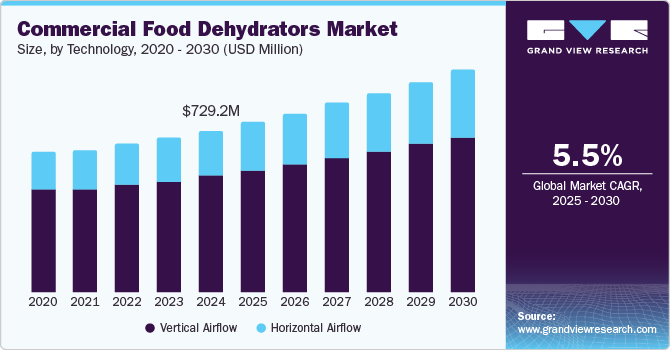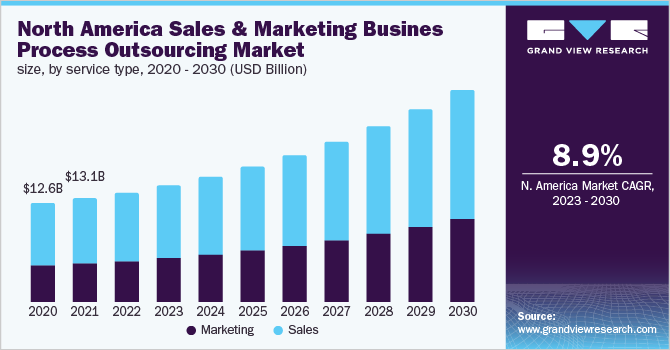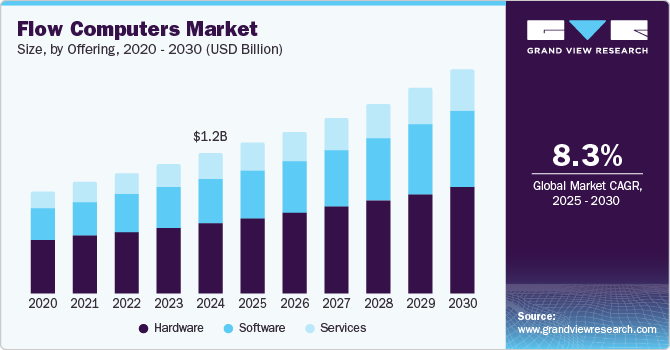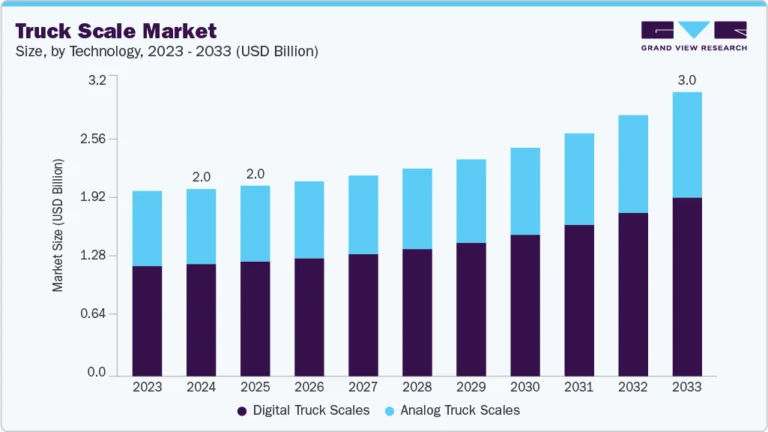Cognitive Supply Chain Market Size, Share & Trends Analysis growing at a CAGR of 17.6% from 2025 to 2030

The global cognitive supply chain market size was estimated at USD 8,579.7 million in 2024 and is projected to grow at a CAGR of 17.6% from 2025 to 2030. The market is on track for significant growth due to technological advancements and evolving business needs. Supply chain systems have grown more complex and data-driven because of the rapid progress of AI technologies such as machine learning and natural language processing. This enables businesses to employ predictive analytics and demand forecasting to optimize inventory management and keep the supply chain running smoothly. In addition, the integration of Big Data and Internet of Things (IoT) devices in supply chain operations has resulted in vast amounts of data.
Request a free sample copy or view report summary: https://www.grandviewresearch.com/industry-analysis/cognitive-supply-chain-market-report/request/rs1
Cognitive technology can process and analyze this data in real time, providing valuable insights that lead to better decision-making and operational efficiency.
The rise of customer-centricity as a core business strategy has also been a driving force behind the adoption of cognitive supply chain solutions. Businesses now strive to deliver a superior customer experience by streamlining processes and reducing lead times. Cognitive technologies help achieve this by optimizing operations, ensuring products reach customers promptly, and improving overall supply chain responsiveness. Cost optimization remains a significant factor in driving the growth of this market. Businesses can achieve significant cost savings by minimizing inventory holding costs, reducing transportation expenses, and enhancing overall supply chain efficiency. This cost-effectiveness makes cognitive supply chain solutions attractive for companies seeking to stay competitive in today’s dynamic market landscape. The increasing adoption of cognitive technologies is not limited to a specific industry but is observed across various sectors. As more companies witness the tangible benefits of cognitive supply chain solutions, the market is expected to experience higher adoption rates. This growing interest and acceptance of cognitive technologies will likely further fuel the market’s expansion.
COVID-19 Impact on the Cognitive Supply Chain Industry
The COVID-19 pandemic has significantly impacted the industry, reshaping how businesses approach supply chain management. One of the most notable effects was an increased demand for supply chain resilience. The pandemic exposed vulnerabilities in global supply chains, resulting in widespread disruptions and shortages. As a response, businesses recognized the urgent need to build more robust and agile supply chains that could withstand future disruptions. Cognitive technologies like AI and machine learning became vital tools in predicting disruptions, optimizing inventory management, and enhancing overall supply chain visibility and resilience. Moreover, the pandemic accelerated the digital transformation of supply chain operations. As companies shifted to remote work and faced operational challenges, there was a heightened emphasis on automation and cognitive technologies. Organizations that had already adopted AI-driven supply chain solutions were better equipped to manage sudden changes and mitigate the impact of disruptions. The pandemic acted as a catalyst, driving businesses to explore and embrace technologies that could improve supply chain efficiency and decision-making.
In the face of uncertainty caused by the pandemic, demand forecasting became particularly challenging. With shifting consumer behaviors and demand patterns, accurate forecasting was critical for inventory planning and optimization. Here, AI-powered predictive analytics played a crucial role in providing businesses with valuable insights into customer demand patterns, enabling them to make informed decisions and adapt to rapidly changing market conditions. Health and safety concerns also came to the forefront during the pandemic, impacting supply chain operations. Cognitive technologies played a role in optimizing warehouse layouts, automating tasks to reduce human interaction, and ensuring adherence to safety protocols. By incorporating AI into safety measures, businesses aimed to protect their workforce while maintaining operational continuity.






